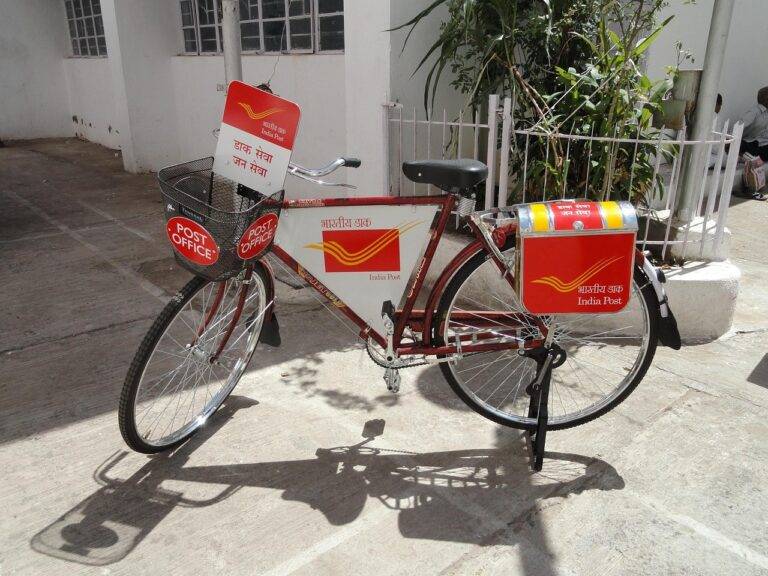How Social Media Influences Election Outcomes
Social media has revolutionized the landscape of political campaigns in recent years. Candidates now have direct access to millions of potential voters with just a few keystrokes. Platforms like Twitter, Facebook, and Instagram offer a space for politicians to share their messages, engage with audiences in real-time, and build a community of supporters.
Gone are the days when expensive traditional advertising was the only way for candidates to reach a wide audience. Social media enables politicians to target specific demographics, tailor their messaging, and mobilize supporters more effectively. It has become a powerful tool for shaping public opinion, influencing debates, and driving voter turnout.
The Impact of Social Media on Voter Engagement
Social media has become a powerful tool for political candidates to engage with voters in ways never seen before. With the rise of platforms like Facebook, Twitter, and Instagram, politicians can directly connect with their constituents, sharing their message and engaging in real-time conversations. This accessibility has revolutionized the way politicians campaign, allowing them to reach a wider audience and tailor their messages to specific demographics.
Furthermore, social media platforms have facilitated unprecedented levels of voter engagement by providing a space for political discourse and debate. With the ability to share articles, videos, and opinions with just a few taps, voters are more informed and engaged in the political process than ever before. This increased engagement has led to higher voter turnout in elections, as individuals are encouraged to participate in discussions and express their opinions on various issues.
How does social media play a role in political campaigns?
Social media allows political candidates to reach a wide audience quickly and easily, share their platforms and policies, engage with voters in real-time, and mobilize supporters for events and voting.
How does social media impact voter engagement?
Social media provides voters with easy access to information about political candidates and issues, facilitates discussions and debates among voters, allows for real-time updates on campaign activities, and encourages voter participation through calls to action.
Can social media influence voter behavior?
Yes, social media can influence voter behavior by shaping opinions, mobilizing support for a particular candidate or cause, and increasing voter turnout through targeted messaging and outreach.
Are there any drawbacks to using social media in political campaigns?
While social media can be a powerful tool for engaging voters, it also has the potential to spread misinformation, create echo chambers where individuals only interact with like-minded people, and be manipulated by outside actors for malicious purposes.
How can voters use social media effectively during elections?
Voters can use social media effectively during elections by following a diverse range of sources, fact-checking information before sharing it, engaging in civil discussions with others who have different viewpoints, and staying informed about candidates and issues.





